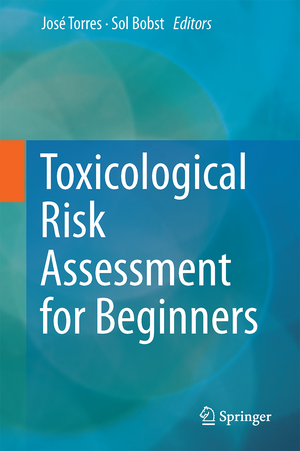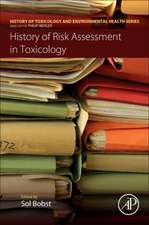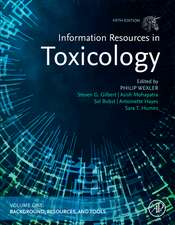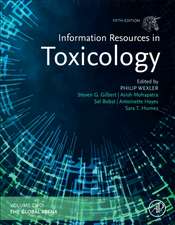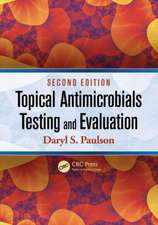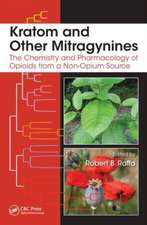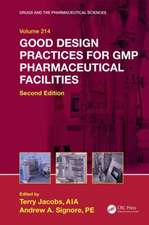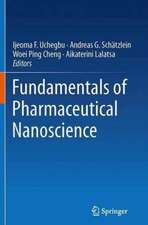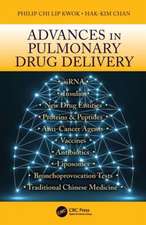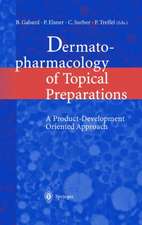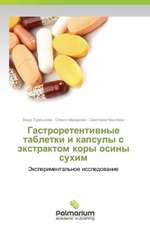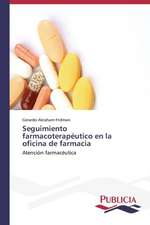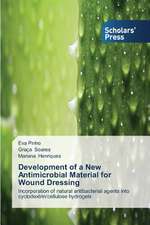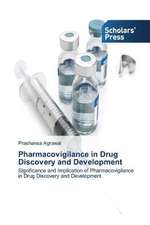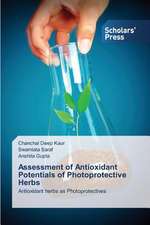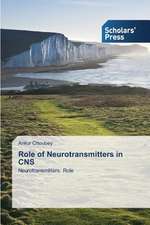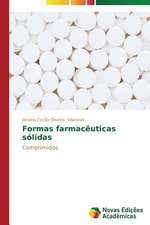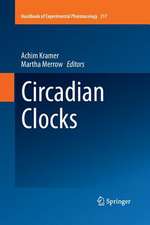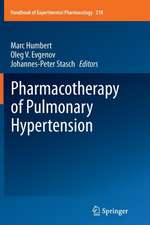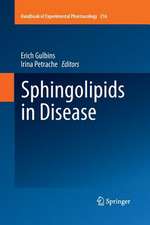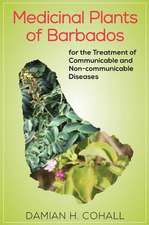Toxicological Risk Assessment for Beginners
Editat de José A. Torres, Sol Bobsten Limba Engleză Hardback – 9 apr 2015
Toxicological Risk Assessment for Beginners aims not to create an expert, but rather to provide readers with their first understanding of the risk assessment topic. This book was designed with the student in mind. We simplify a complex process for beginners and balance theory with practical aspects, but remain fluid enough to increase difficulty with case studies. By incorporating an action based, step by step approach to learning the risk assessment process, this book provides its readers with an elementary understanding of how the risk assessment process is initiated, developed and finished, making it a valuable guide for graduate students, post-doctoral fellows and early career scientists in industry.
| Toate formatele și edițiile | Preț | Express |
|---|---|---|
| Paperback (1) | 874.20 lei 38-44 zile | |
| Springer International Publishing – 5 oct 2016 | 874.20 lei 38-44 zile | |
| Hardback (1) | 904.79 lei 6-8 săpt. | |
| Springer International Publishing – 9 apr 2015 | 904.79 lei 6-8 săpt. |
Preț: 904.79 lei
Preț vechi: 952.40 lei
-5% Nou
Puncte Express: 1357
Preț estimativ în valută:
173.12€ • 180.78$ • 142.96£
173.12€ • 180.78$ • 142.96£
Carte tipărită la comandă
Livrare economică 15-29 aprilie
Preluare comenzi: 021 569.72.76
Specificații
ISBN-13: 9783319127507
ISBN-10: 3319127500
Pagini: 250
Ilustrații: XXV, 250 p. 27 illus., 16 illus. in color.
Dimensiuni: 155 x 235 x 17 mm
Greutate: 0.57 kg
Ediția:2015
Editura: Springer International Publishing
Colecția Springer
Locul publicării:Cham, Switzerland
ISBN-10: 3319127500
Pagini: 250
Ilustrații: XXV, 250 p. 27 illus., 16 illus. in color.
Dimensiuni: 155 x 235 x 17 mm
Greutate: 0.57 kg
Ediția:2015
Editura: Springer International Publishing
Colecția Springer
Locul publicării:Cham, Switzerland
Public țintă
GraduateCuprins
Introduction.- Hazard Identification.- Dose-Response.- Exposure Assessment.- Risk Characterization for Human Health Risk Assessments.- Risk Assessment Strategies and Techniques for Combined Exposures.- Use of Epidemiology in Risk Assessment.- Emerging Issues in Risk Assessment.- Risk Assessment in the European Union (EU).- Brief Survey of Global Approaches for Risk Assessment.- Skills Development and Resources for Risk Assessment.- Case Studies Chapter.
Notă biografică
José A. Torres, M.S., Ph.D. Dr. Torres has experience in risk assessment, project management, quality control, quality auditing, and quality assurance as applied to consulting, pharmaceuticals and the medical device industry. His interest in risk assessment drove him to pursue advanced courses and workshops at Harvard School of Public Health for Analyzing Risk, TERA Dose-Response Boot Camp, and PBPK basic modeling. He completed a Bachelor in Biology (Magna Cum Laude) with specialty in Biomedical Sciences from Inter American University of Puerto Rico; a Masters in Environmental Science & Management from Turabo University at Puerto Rico; and a Doctoral degree in Environmental Toxicology, sponsored by NASA, from Texas Southern University, Houston Texas. Sol Bobst, Ph.D., DABT Dr. Bobst has participated in several risk assessment reviews, including a publication in the Regulatory Toxicology and Pharmacology journal. He is a ten year member of the Society of Toxicology, and the past president of the Ethical, Legal, and Social Issues specialty section. He graduated Magna Cum Laude, University Honors with a Bachelor’s Degree in Chemistry from Drake University in Des Moines, IA. His Doctoral degree is from the University of Texas Health Science Center at Houston, Texas, and he holds a board certification from the American Board of Toxicology. He continues to live and work in Houston, Texas.
Textul de pe ultima copertă
This book serves as a comprehensive introductory guide to the practical aspects of risk assessment. Chapters include clearly defined objectives and summaries. The book includes: hazard identification, dose-response, exposure assessment, risk characterization, chemical mixtures, epidemiology, emerging issues and global perspectives with accessible language. The book concludes with a set of hypothetical case studies.
Toxicological Risk Assessment for Beginners aims not to create an expert, but rather to provide readers with their first understanding of the risk assessment topic. This book was designed with the student in mind. We simplify a complex process for beginners and balance theory with practical aspects, but remain fluid enough to increase difficulty with case studies. By incorporating an action based, step by step approach to learning the risk assessment process, this book provides its readers with an elementary understanding of how the risk assessment process is initiated, developed and finished, making it a valuable guide for graduate students, post-doctoral fellows and early career scientists in industry.
Toxicological Risk Assessment for Beginners aims not to create an expert, but rather to provide readers with their first understanding of the risk assessment topic. This book was designed with the student in mind. We simplify a complex process for beginners and balance theory with practical aspects, but remain fluid enough to increase difficulty with case studies. By incorporating an action based, step by step approach to learning the risk assessment process, this book provides its readers with an elementary understanding of how the risk assessment process is initiated, developed and finished, making it a valuable guide for graduate students, post-doctoral fellows and early career scientists in industry.
Caracteristici
An action-based, step-by-step approach to learning risk assessment Case studies to illustrate basic and more complex topics to enable readers to practice critical thinking with problems encountered by experienced risk assessors Chapters include clearly defined objectives and summaries Includes supplementary material: sn.pub/extras
